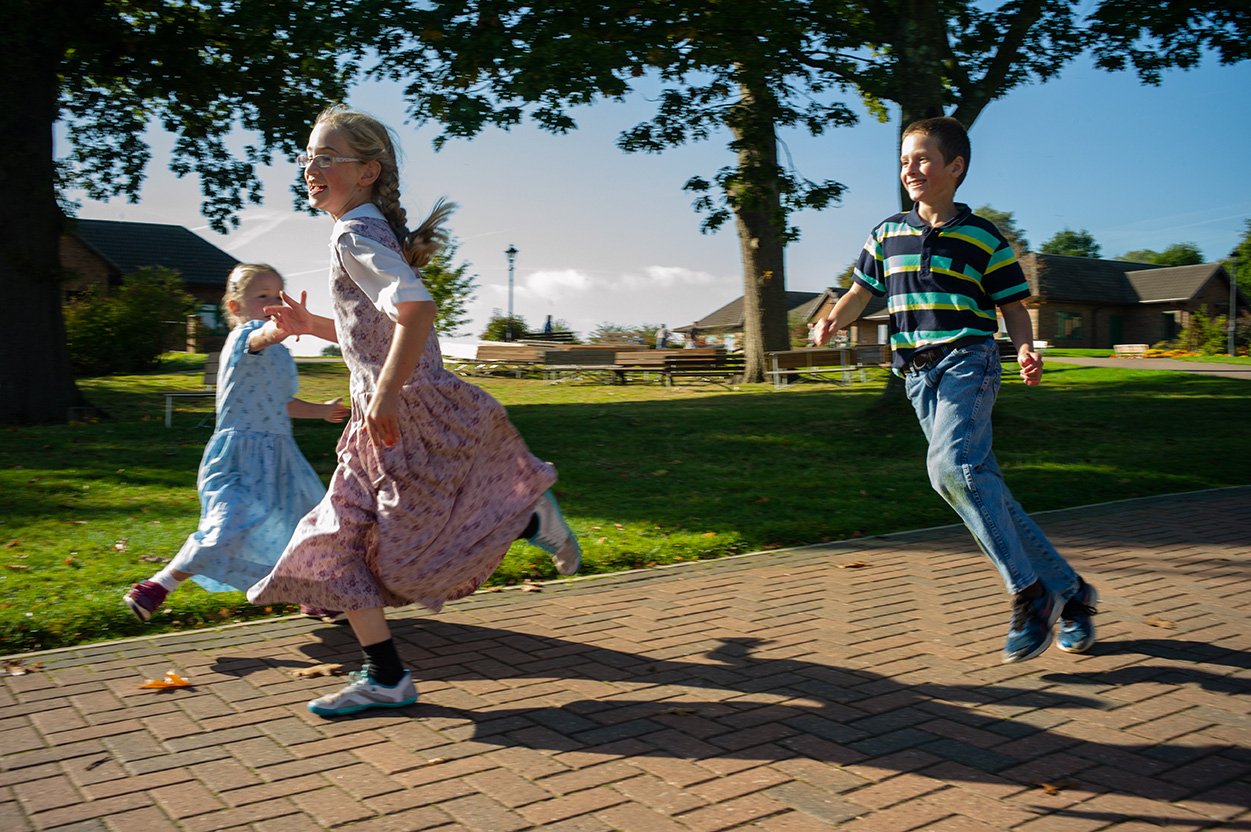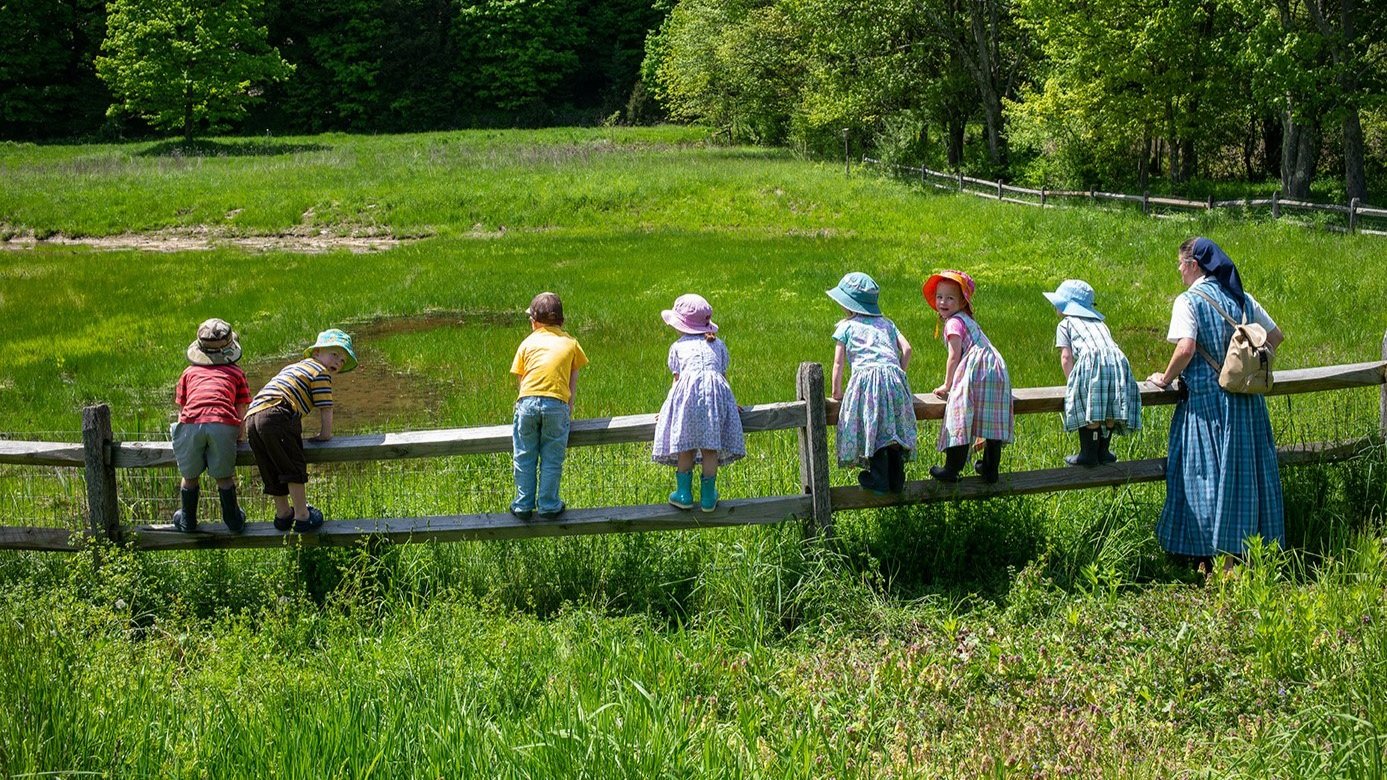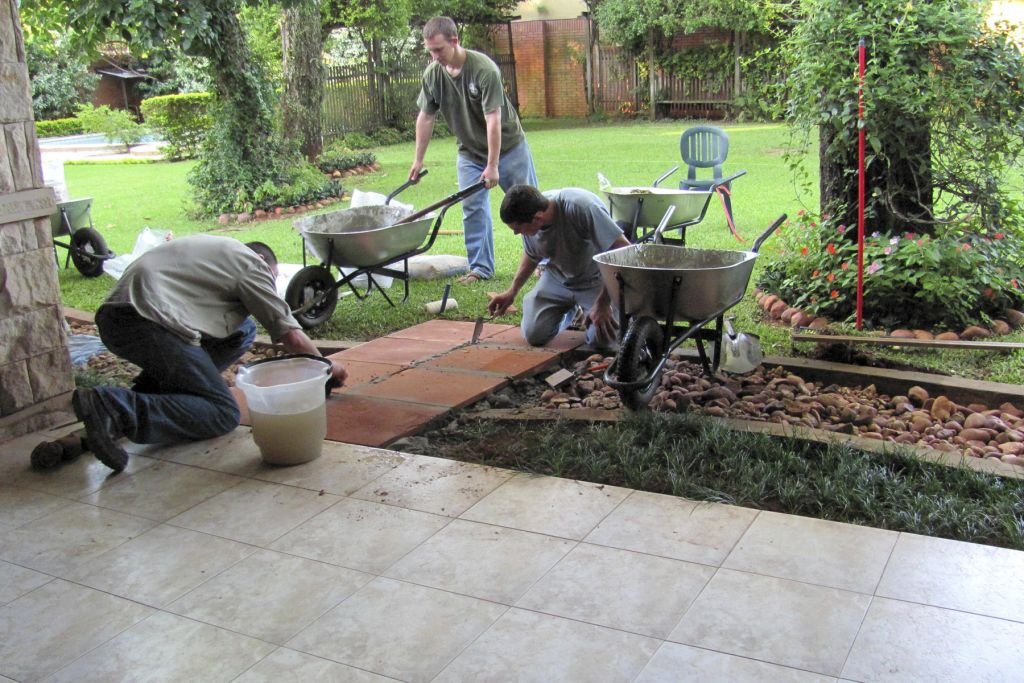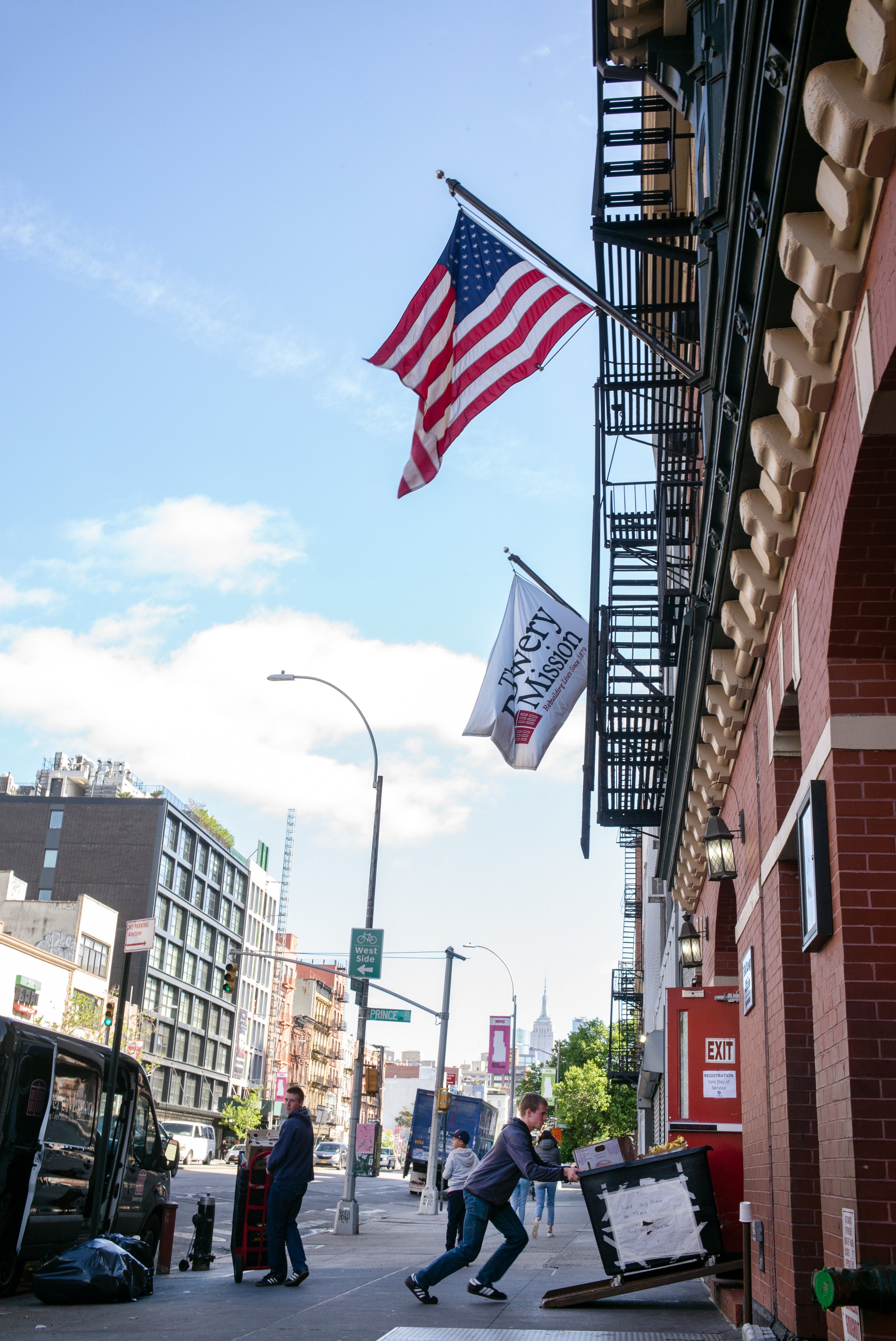
Life in Community
Why We Live in Community
We are convinced that a life in church community is the best way to live out Jesus’ teachings in the Sermon on the Mount. Through community, we have experienced Christ’s transforming love. He makes the impossible possible: for ordinary and flawed men and women to live together in forgiveness and mutual trust, as brothers and sisters.
“What life have you if you have not life together?There is no life that is not in community, And no community not lived in praise of GOD.”
How That Actually Works
Though it is comprised of over two dozen individual settlements, the Bruderhof functions as a united worldwide movement. Resources, knowledge, and support are shared among our different locations. Some of our settlements are individual houses; others look more like small villages with a population of two to three hundred people.
Community of Goods
None of us owns anything personally, and our communal property belongs not to us as a group but to the cause of Christ. Anyone who has decided to become a member freely gives all property, earnings, and inheritances to the church community. In turn, all necessities such as food, housing, and health care are provided for. Members generally work for and in the community, but none of us receives a paycheck, stipend, or allowance.
Families in the Bruderhof
Families are the basic unit of the Bruderhof community and each child’s education starts in the home with their parents, both in the routine of daily home life and meals and in the many outdoor activities that are available. Shared childcare and schools are on the grounds of the Bruderhof. Older people and those without families of their own often live near families with younger children, providing mutual support and companionship.

“We have all known the long loneliness and we have learned that the only solution is love and that love comes with community.”
Education
Bruderhof schools seek to provide each child with a happy and constructive childhood. This includes rigorous academic instruction. We also provide instruction in craftsmanship and practical skills, singing and the arts, and we encourage unstructured play, sportsmanship, and the experience of nature.
In the United States, most Bruderhof high school students attend The Mount Academy in Esopus, New York. In England, students attend the Beech Grove Academy located at our Beech Grove community in Kent. In Australia, high school students are educated at the Danthonia community.
After high school our young people pursue a variety of paths. Some young men and women attend university; our community includes many professionals including doctors, engineers, and teachers. Some young people receive training in the trades such as cooking, plumbing, and agriculture. We encourage young people who grow up on the Bruderhof to leave their families and childhood homes and experience the broader world. Some people who have grown up in the Bruderhof decide to pursue other paths and we support them as they head off on their own.
We are committed to providing a safe environment for all children who live or attend school on the Bruderhof.
Working Together
Our faith and daily life are inseparable. All work, even the most mundane, is a form of worship if done as if for Christ in a spirit of love and dedication. We prove our love to him with our deeds.
We honor and value all forms of work, whether a farmer’s physical exertion on the land, a craftsman’s precision, an engineer’s innovation, or a designer’s inspiration. There are many different jobs within a Bruderhof community – school principal, community laundry, product designer, and dentist, among others – but none is considered higher or lower than the other. The work we do is not only an economic activity but also a service we provide for each other and our neighbors.
Many of our members manufacture quality wooden classroom and play environments for schools and daycare center or adaptive equipment for children and adults with disabilities. Other ventures include sign making and market gardening. These businesses provide our livelihood, with departments spread among several communities. We also grow much of our own food using regenerative agriculture techniques.
None of us has a career. We agree to work wherever we are needed, regardless of our preferences or prior training. Our vocation is not the task at hand but life in community. Thus we contribute our talents and energies in whatever way we can until the end of our lives. Read more about work and business ethics at the Bruderhof.

“It is not only prayer that gives God glory but work. Smiting on an anvil, sawing a beam, whitewashing a wall, driving horses, sweeping, scouring, everything gives God some glory if being in his grace you do it as your duty. To lift up the hands in prayer gives God glory, but a man with a dung fork in his hand, a woman with a slop pail, give him glory too.”
Outreach
Christian discipleship demands we put love of God and love of neighbor into practice. The Bruderhof strives for a life dedicated to service, doing the works of mercy demanded by Christ: giving food to the hungry and water to the thirsty, welcoming the stranger, clothing the naked, giving alms to the poor, and visiting the sick and those in prison. We stand with the mistreated, the voiceless, and the oppressed.
Our outreach takes many forms. In seeking to fulfill Christ’s calling, we work with others of goodwill, regardless of their faith or affiliation. We support the works of global nonprofits addressing acute crises and also work side by side with local neighbors to support food banks, tutor children, or visit with senior citizens.

“Love cannot remain by itself – it has no meaning. Love has to be put into action and that action is service.”
